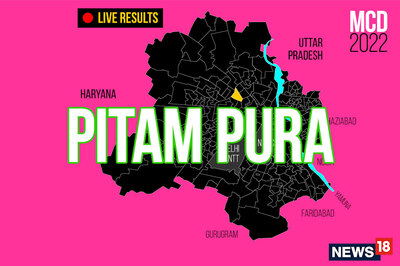
views
The Indian government should provide a level playing field for alternative fuels like auto-liquified petroleum gas (LPG) for carbon-free mobility, the Indian Auto LPG Coalition said.
“In principle, we whole-heartedly welcome the government’s initiatives on promoting EVs (electric vehicles). What we have been merely asking is that the government should also extend equal opportunity to another hugely feasible alternative fuel which could also contribute to an emission-free mobility system in our country,” the association’s Director General Suyash Gupta said.
He said that the mass adoption of EVs is several years away in the country.
“And here, we are not even pointing out the challenges in the EV roll-out related to faulty battery management systems, lack of proper testing and validation systems, shortage of lithium, and of course, the dependence on China, a politically and commercially unreliable partner by all means,” Gupta said.
Also Read: Apple Self-Driving Car to be a Reality Soon as the iPhone Maker Files New Patents
Stressing the advantage of auto LPG, he said it not only has zero global warming potential (GWP), it involves far lesser transitional costs.
The cost of fitting with conversion kits for vehicle owners would be a fraction of purchasing a completely new electrical vehicle.
The government urgently needs to make the type approval norms pragmatic and extend the validity period for Type approvals to perpetuity as is the case elsewhere in the world, and, of course, slash the GST on auto LPG and conversion kits, Gupta said.
According to him, the all-out focus on electrical vehicles while overlooking the merits of alternative fuels such as auto LPG has somewhat been perceived as preferential and overly inclined towards one technology and against another fuel technology option.
A few months back, the Ministry of Road Transport and Highways issued a draft notification for the conversion of BS-VI vehicles to auto LPG and compressed natural gas (CNG) mandating several untenable requirements. This had been widely perceived as a policy bias, he said.
“When MoRTH issued the draft notification for conversion of BS-VI vehicles to auto LPG and CNG, we had expressed our concerns in no uncertain terms. The stipulations for a crash test for a retrofitted vehicle, the limited period of validity for type approval, need for the kit manufacturer/suppliers to submit kits fitted in vehicles of different makes for each engine capacity thereby escalating the cost of homologation were all majorly excessive in nature, effectively deterring the sustenance of the domestic retro fitment industry. At the same time, the OEMs were clearly in an advantageous position,” Gupta added.
Read all the Latest News and Breaking News here




















Comments
0 comment